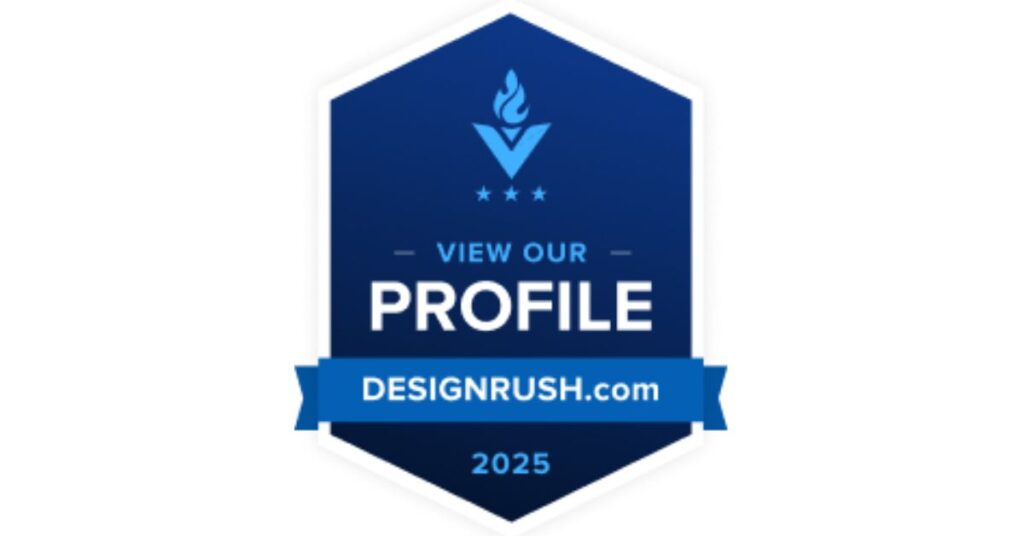By now, it’s well-known that AI tools can handle repetitive tasks, analyze massive datasets, and manage dangerous operations, offering substantial benefits to businesses. Historically, these advantages were reserved for well-funded companies with the resources to manage complex computational models, leaving smaller businesses at a disadvantage in areas such as efficiency, cybersecurity, trend forecasting, and customer insights.
However, as technology has progressed, AI has become accessible to companies of all sizes, not just those with extensive computational resources. Platforms like ChatGPT have democratized AI, enabling small businesses to leverage a range of diverse solutions. According to TechTarget, this democratization of AI empowers users without specialized knowledge, unlocking the technology’s benefits for smaller organizations and fostering innovation. Below, we explore how AI tools are helping small businesses compete with their larger counterparts.
Analysis Is Pivotal for Business Success
In the age of AI, data-driven decision-making is both essential and achievable. According to a recent Forbes Business Development Council article, “AI’s capability to analyze extensive data, identify patterns, and make accurate predictions provides valuable insights to businesses.”
- Data Analytics: AI-driven data analytics platforms help make sense of vast amounts of data by uncovering patterns and anomalies. This enables smaller companies to gain valuable insights into customer behavior, operational efficiency, and financial performance.
- Competitive Intelligence: For informed decision-making, small companies need to benchmark themselves against others in their market. Tools like Tableau are essential for performing competitive analysis, offering insights into market positioning and strategy.
- Predictive Analytics: Going beyond traditional data analytics, predictive analytics projects likely scenarios and market trends. Small organizations can leverage these projections to strategically plan and allocate resources more effectively, avoiding investments in unlikely future conditions.
Operations Are the Backbone of Small Companies
A small company’s efficiency and streamlined systems are vital for minimizing waste and ensuring optimal performance across all business units. The following AI tools represent just a few of the many solutions available to help bring structure and order to operations.
- Marketing Automation: AI-powered marketing platforms can take over repetitive tasks, allowing small companies to maximize their marketing efforts without needing large teams. Tools like ChatGPT can generate content, while Mailchimp handles email marketing campaigns, making them indispensable for businesses with limited resources.
- Virtual Assistance: AI-based tools help manage calendars, schedule events, and perform other administrative tasks, providing significant value to small businesses without extensive administrative staff. For example, Fireflies can record, transcribe, and analyze meetings, streamlining communication and organization.
- Inventory Management: AI-driven inventory management systems help small organizations optimize their supply chains, ensuring they maintain appropriate levels of raw materials and finished products. This not only streamlines operations but also guarantees that customers receive their desired products on time. NVIDIA AI solutions are a prime example of how advanced these systems have become.
Excellent Customer Care Keeps Them Coming Back
Smaller businesses must prioritize exceptional customer care to foster loyalty and repeat business. The following AI-driven solutions can help ensure customers receive the attention they deserve:
- CRM Solutions: Managing customer relationships is crucial for any business, but especially for smaller ones where each customer holds significant value. Automated Customer Relationship Management (CRM) systems streamline the process of tracking customer interactions and providing personalized service, which is essential for building strong, lasting relationships.
- Chatbots: AI-powered chatbots handle routine customer inquiries, such as return processes or common questions, allowing limited staff to focus on more complex customer issues. By implementing tools like Tidio, businesses can integrate chatbots into their websites, enhancing customer support without straining resources.
- Language Translation: AI-driven language translation tools enable businesses to communicate with customers across different regions and languages. This capability not only broadens the potential customer base but also increases sales opportunities by making products and services accessible to a global audience.
Cybersecurity Must Address Evolving Threats
As technology evolves, scammers continuously adapt, finding new ways to exploit it for malicious purposes. For small companies, a single cyberattack can be catastrophic, making vigilance essential.
- Threat Detection and Prevention: AI-powered tools can identify patterns associated with cybersecurity threats, allowing companies to respond swiftly. For small businesses, protecting valuable digital assets and maintaining customer privacy is critical, and AI can play a key role in enhancing their defenses.
- User Authentication and Access Control: The Zero Trust model, which requires identity verification for every access request, is crucial for maintaining security. AI-based authentication systems utilize various methods to automatically verify identities and detect fraudulent activities. These solutions are vital for small businesses that lack the budget for extensive IT staff but still need robust security measures.
- Team Member Training and Awareness: Cybersecurity breaches can result from both intentional and unintentional actions by employees, highlighting the importance of ongoing training. AI-driven solutions can help small businesses deliver customized cybersecurity training, tailored to the specific needs and vulnerabilities of their operations, ensuring that all team members are well-prepared to prevent and respond to potential threats.
Steps for Small Organizations to Make the Most of AI
Small businesses often face unique challenges, but as we’ve explored, AI-powered solutions can be a game-changer. By automating routine tasks, conducting advanced analyses, crafting marketing content, and more, AI helps small companies overcome obstacles and thrive.
However, to fully harness these benefits, small organizations need to be strategic in their approach. Leadership teams should begin by identifying specific problems they aim to solve and defining what success would look like. Involving employees in the decision-making process ensures buy-in and uncovers insights that might be overlooked. Once the problems and goals are clear, the next step is researching AI solutions that align with both ethical considerations and the company’s overall technology strategy.
After selecting the appropriate tools, the focus should shift to preparing the data that will be used to train the AI models. This is followed by rigorous testing and validation to ensure accuracy and effectiveness. Once deployed, these tools and their data sets need continuous monitoring and maintenance to ensure they are delivering the desired results.
By following this structured approach, small businesses can maximize the potential of AI-driven tools. This preparation, combined with the right technology, positions them for successful implementation and a greater likelihood of achieving their objectives. As highlighted in a recent Entrepreneur article, “the ground is set for small and mid-sized businesses to embrace the AI revolution and tap into never-seen-before opportunities to compete equitably with larger organizations.”






